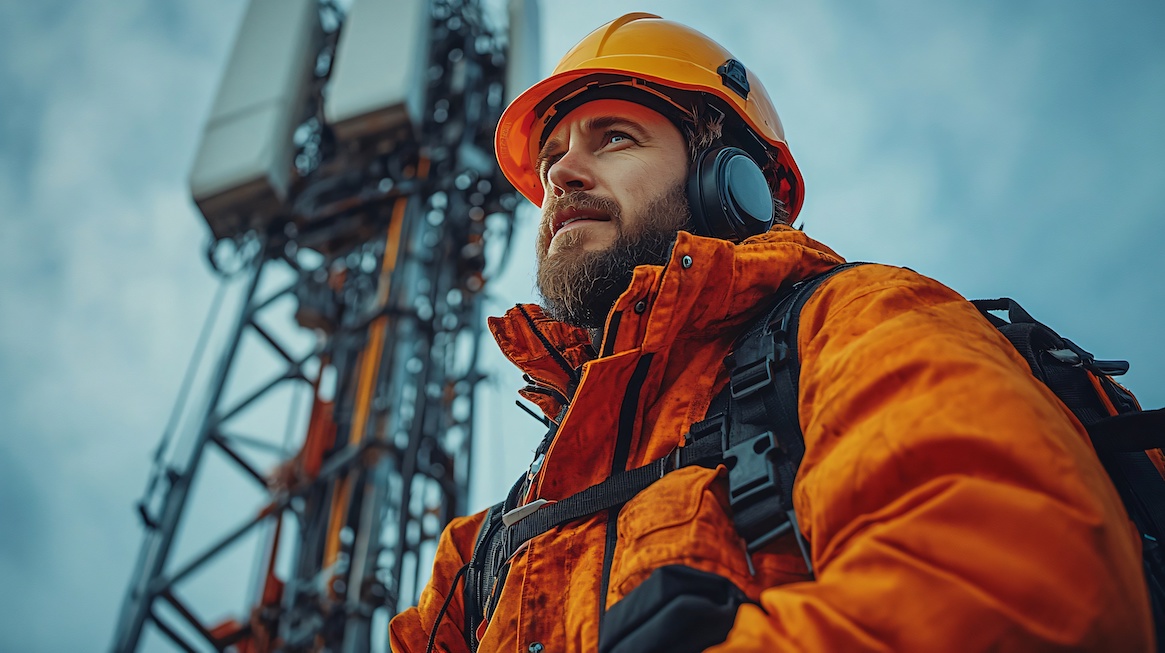How to get a Job Offshore with No Prior Experience
02 Sept, 20245 mins
Searching for oil rig jobs with no experience? You’ve come to the right place!
Working on an oil rig brings plenty of perks few other jobs offer. In return for spending lengthy periods of time offshore, you get long holidays, giving you extra time to spend time with family and friends, indulge in hobbies, travel the world and more.
To account for the risks of the work environment, many offshore jobs also pay well. In the UK, the average salary for offshore workers is £62,500 – significantly higher than the overall national average of £35,800 – and many jobs earn over £100,000.
It’s no surprise, therefore, that demand for this work is high. Landing a job offshore may not be easy for people without a qualification in a relevant skill - such as engineering – but it is certainly possible. And luckily, as experts in oil and gas recruitment, our team are here to help you every step of the way.
Keep reading to find out how to get oil rig jobs with no experience...
6 Ways to Get an Oil Rig Job with No Experience
1. Start With Entry-Level Jobs
Some offshore roles require no previous experience. While physically demanding, these jobs provide an ideal opportunity for advancing to more technical roles over time. Here are some examples:
- Roustabouts, also known as roughnecks, carry out essential labour tasks such as equipment maintenance and cargo loading and unloading
- Deck cadets monitor equipment and assist operations
- Motorhands support the functioning of engine operations and equipment
- Trainee positions provide on-the-job training for many role types.
Offshore workers tend to experience quick career progression, so expect to progress to more senior positions once you’ve built up foundational offshore skills, experience and contacts.
2. Highlight Relevant Skills
When applying for offshore work, make sure to underline relevant skills to demonstrate your capability for offshore life. Depending on your role, this may cover:
- Physical fitness: Offshore work is physically demanding and requires you to be strong and agile.
- Adaptability: It’s important you’re comfortable working in isolated environments, sometimes in harsh weather conditions.
- Teamwork and Communication: Effective collaboration offshore is crucial for ensuring safety and efficiency. Plus, you’ll be working, sleeping and eating in close proximity to your colleagues, so being able to get on with a wide variety of people is important.
- Basic Mechanical or Technical Knowledge: Basic skills in areas such as welding, plumbing, or mechanics might make you more appealing for entry-level roles.
3. Certifications
Most companies require you to have completed your Basic Offshore Induction and Emergency Training (BOSIET), which will teach you about offshore safety and emergency protocols. The certification is valid for four years. After this, you will need to complete a course called Further Offshore Emergency Training (FOET).
You’ll also need a Minimum Industry Safety Training (MIST) certification, which covers essential hazard prevention practices, and an Offshore Medical Certificate declaring you fit for work.
For some jobs, your employer will cover the cost of this training, while for others, you’ll be expected to arrange it and pay for it yourself.
4. Visa requirements
For UK workers, you will not need a visa if you’re employed within 12 miles of the coast (UK territorial waters). Further afield, visa requirements vary depending on the location of the rig.
More and more countries also request a seaman’s book, which is a maritime passport recording your sea service and employment.
5. Education is one of the best routes in
While it’s possible to start your offshore career without a college or university degree, this is typically a requirement for those wishing to pursue more technically skilled roles, such as engineers, or management positions. For non-skilled roles, you’ll generally need a few GCSEs or standard grades under your belt.
6. Work offshore with onshore experience
From painters to cleaners, many offshore companies also seek workers to carry out work unrelated to rig operations – ideal for people seeking the offshore lifestyle with limited experience. Sodexo and Eurest, for example, are both companies specialising in finding food service workers, such as chefs, for offshore locations.
Registering with Orion Group, Orion Group specialises in matching thousands of candidates to their ideal role around the world. We can help you take the next step by specialising in connecting talented individuals like you with leading companies that value your expertise and knowledge.
By with us, you’ll gain access to a wide range of potential job opportunities, ensuring that your skills and experience are matched with the right role. Why not browse the available positions to discover the roles we are currently working on?
With years of experience in oil and gas recruitment, from oil and gas engineering roles to offshore jobs, there’s no one better placed to help you in your search. Contact us today to learn more.
Alternatively, to help you advance your way to landing your first oil rig job with no experience, read these handy blogs to help guide you through the process:



